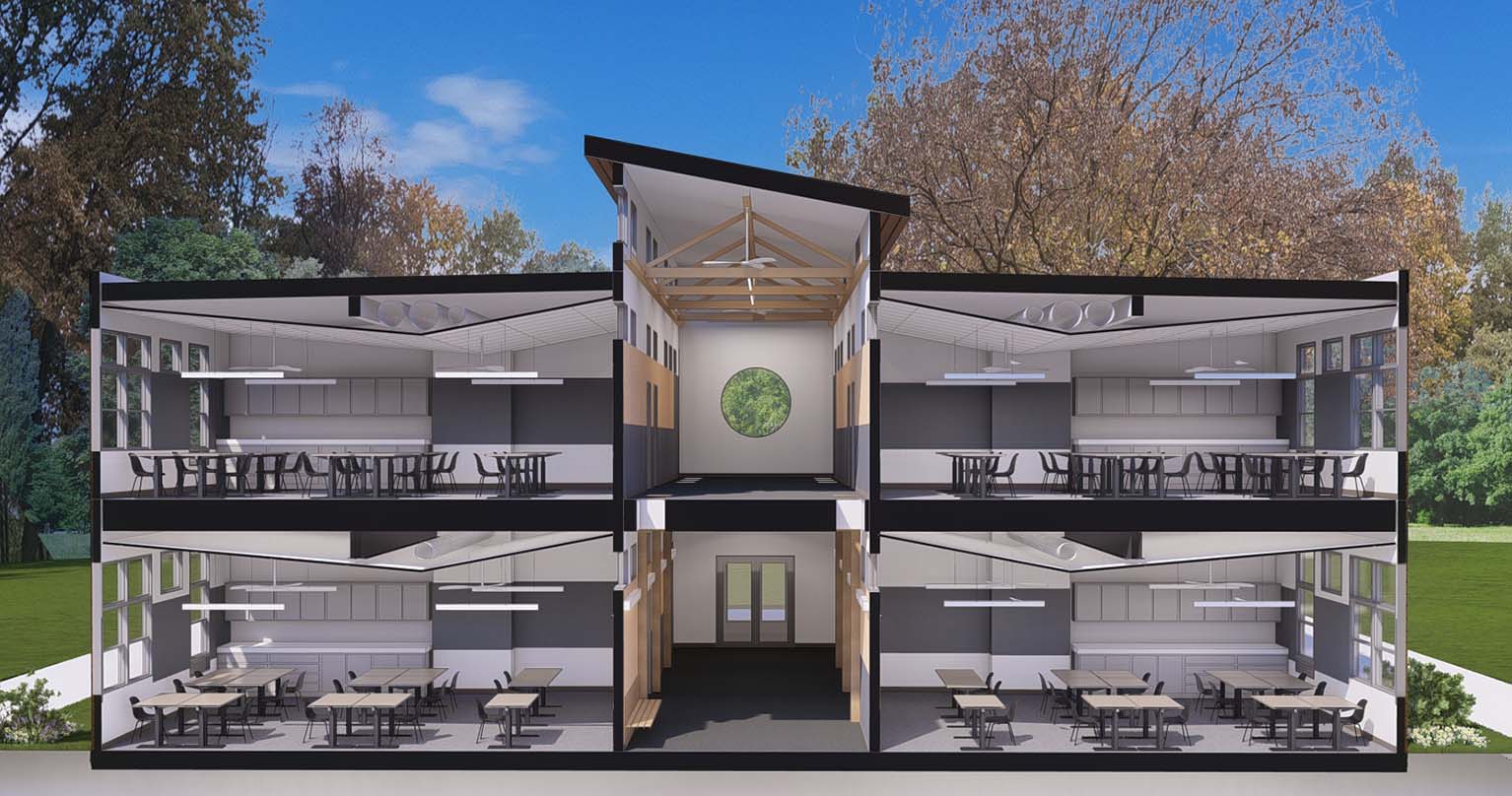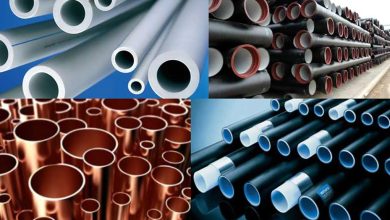Modular Solutions for a Greener Tomorrow

As industries worldwide face the urgent need to reduce carbon emissions, the search for efficient and scalable technologies has become more important than ever. One promising pathway is the rise of modular solutions, which provide a flexible and cost-effective approach to tackling climate challenges. These systems are designed to integrate seamlessly with existing industrial infrastructure, offering companies a way to reduce their environmental impact without sacrificing operational efficiency.
Why Modular Design Matters
Traditional carbon reduction technologies often require large-scale, highly customized setups that can take years to plan and install. In contrast, modular designs are pre-engineered and standardized, making them faster to deploy and easier to replicate across different sites. This means businesses can move quickly from planning to implementation, reducing emissions on a much shorter timeline.
The compact footprint of modular units also allows them to fit into limited spaces, an important factor for industrial facilities where available real estate is scarce. By providing flexibility in installation and scalability in capacity, modular solutions allow companies to expand their carbon reduction efforts in line with growth or regulatory requirements.
Addressing Industrial Emissions
One of the most significant sources of greenhouse gases comes from industries such as cement, steel, refining, and chemicals. These sectors are often labeled as “hard-to-abate” because the processes themselves release large volumes of carbon dioxide. Conventional mitigation methods are either too costly or too disruptive to existing operations.
This is where modular approaches shine. They are designed to be plug-and-play, integrating with existing processes while minimizing downtime. By using prefabricated, standardized components, industries can implement emission-reducing technology without a major overhaul of their core operations.
Scalability and Flexibility
Scalability is one of the most attractive advantages of modular systems. Rather than committing to a massive upfront investment, companies can begin with a smaller unit and scale up as their needs evolve. This reduces financial risk while ensuring that emission reduction strategies can grow alongside production demands.
The flexibility of these systems also ensures that they can be tailored to different industries and applications. Whether a facility requires a single unit or multiple modules working in tandem, the technology can adapt without compromising performance.
Speed of Deployment
In the race against climate change, speed is critical. Traditional carbon reduction projects can take several years from concept to commissioning, which delays meaningful impact. Modular systems, however, are built off-site and delivered ready to install, drastically cutting down lead times. This not only accelerates climate progress but also allows companies to meet regulatory deadlines and sustainability targets more effectively.
Supporting Decarbonization Goals
Governments and organizations around the world are setting ambitious net-zero targets. For industries to meet these goals, practical and immediate solutions are needed. Modular systems provide a pathway that balances efficiency, cost-effectiveness, and reliability. They also future-proof operations by ensuring compliance with tightening regulations while enhancing a company’s sustainability profile.
By adopting modular technology, businesses are not just reducing their environmental impact, they are also positioning themselves as leaders in the transition to a low-carbon economy. This commitment is increasingly valued by investors, customers, and employees alike.
A Practical Example
One notable application is the integration of a carbon capture system. Built on a modular framework, this technology is designed to be compact, cost-effective, and scalable. By capturing CO₂ emissions directly from industrial processes, it enables facilities to cut their carbon footprint without the need for large-scale, bespoke installations.
The modular design ensures that it can be deployed quickly, replicated across multiple sites, and expanded as needed. This makes it a highly practical solution for industries aiming to meet decarbonization targets while keeping operational disruption to a minimum.
Looking Ahead
The journey to a greener tomorrow requires both innovation and pragmatism. Modular solutions embody both, offering industries a clear pathway to cut emissions while maintaining productivity. By enabling rapid deployment, scalability, and flexibility, these technologies are reshaping how businesses approach sustainability.
As the global push for decarbonization accelerates, modular systems stand out as a powerful tool to bridge the gap between ambition and action. They allow industries to take decisive steps today while laying the groundwork for a cleaner, more sustainable future.



